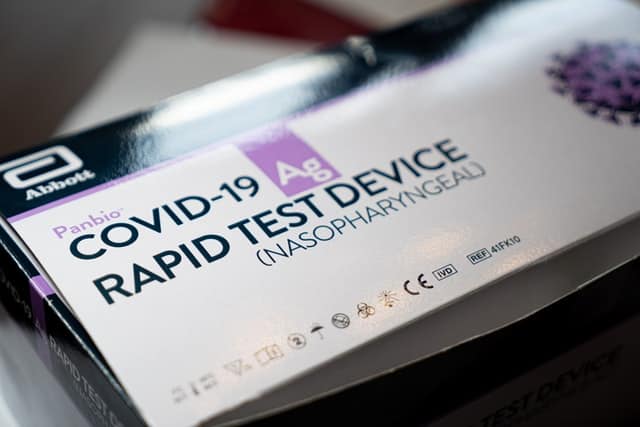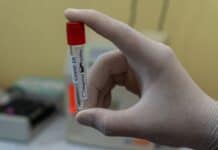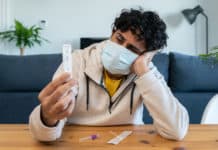Consider these safety protocols you can take before the meeting even starts, which were introduced during our recent webinar, How to Develop a COVID-19 Safety Plan, featuring Desi Whitney, CEO of Emergency Concierge International.
Before you even get on site, consider the following COVID-19 safety protocols:
Define Your Position
Buy-in from leadership and stakeholders is the critical first step. Define the meeting sponsor’s position on all considerations related to executing a COVID-era meeting. This should include aspects such as your mask wearing policy, physical distancing policy and levels of enforcement for both.
Additional considerations for the initial planning discussion:
• Who will be responsible for enforcement?
• Does enforcement put that person or team in a compromising position if you have issues with compliance?
• Are you comfortable asking attendees to leave for non-compliance?
• Will you conduct health screenings?
• Will you require proof of a negative test for entry?
• Will you provide on-site testing?
• Are you coordinating and offering contact tracing?
• What is your agreed upon plan and response for anyone reporting COVID or Flu like symptoms?
It is essential that everyone (including a leadership team) to support and follow the safety protocols put into place once on-site.
Pre-Event Registration Process
Once your team is in agreement on protocols and enforcement, you can now move into the registration process, which should include clear information about those protocols and enforcement. Attendees may choose not to attend based on the mitigation techniques. Your COVID-era pre-event registration process should include:
• A risk waiver (as advised by your legal counsel)
• An Attendee Code of Conduct agreement to adhere to protocols, including an understanding they will be asked to leave if they do not adhere to your protocols
• A detailed mask wearing policy, including enforcement and tolerance for attendees refusing to wear a mask
• Plan for response to anyone presenting symptoms
• Refund policy
• Any health screenings you will be conducting
• Information on required testing, if applicable
• If you will be conducting contact tracing and the details
• A reminder to not travel or attend if attendees are feeling ill, have COVID or flu-like symptoms, or have been in close contact with someone who tested positive for COVID in the past 14 days. (Check the latest CDC recommendations as well as the local health guidelines for the destination.)
It’s important to make these safety protocols are in plain sight, not hidden, and has an “I Agree” option.
View the webinar or download the accompanying white paper here.











